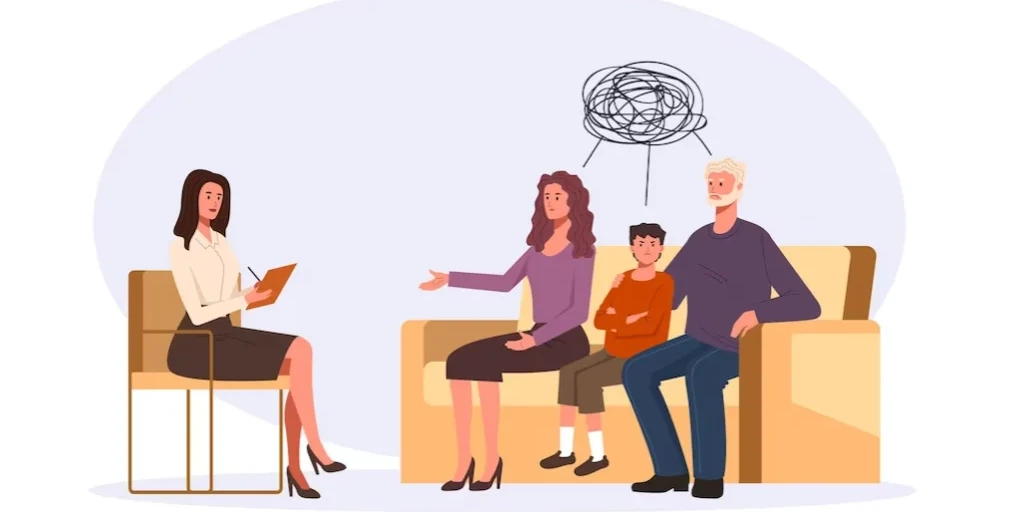24/7 Helpline:
(866) 899-221924/7 Helpline:
(866) 899-2219
Learn more about Amphetamine Detox centers in Linn
Amphetamine Detox in Other Cities

Other Insurance Options

Premera

CareSource

AllWell

WellPoint

Carleon

Magellan

Horizon Healthcare Service

MHNNet Behavioral Health

Providence

Magellan Health

MVP Healthcare

Medical Mutual of Ohio

Group Health Incorporated
Beacon

Meritain

Holman Group

Access to Recovery (ATR) Voucher

UnitedHealth Group

Highmark

Humana











